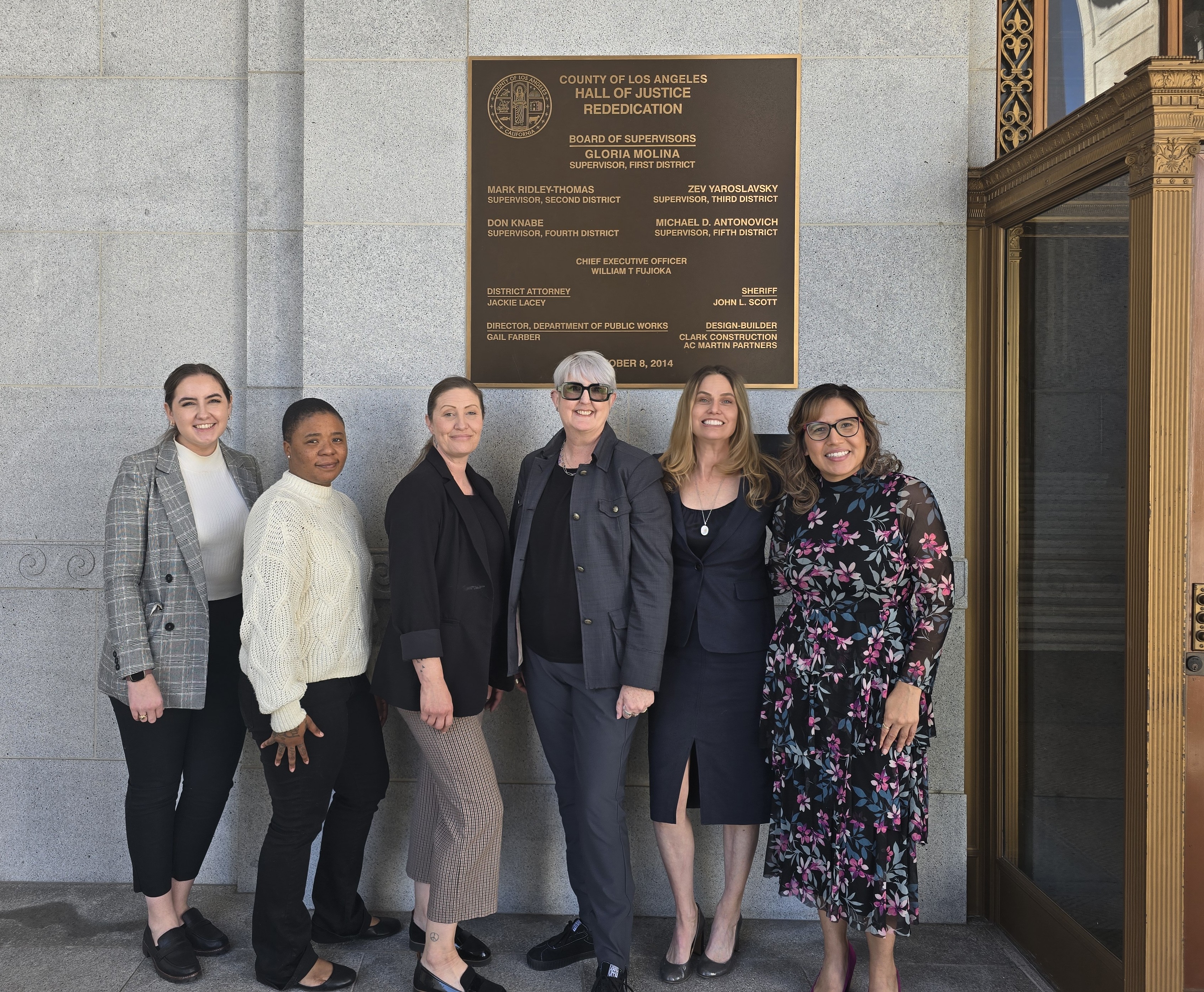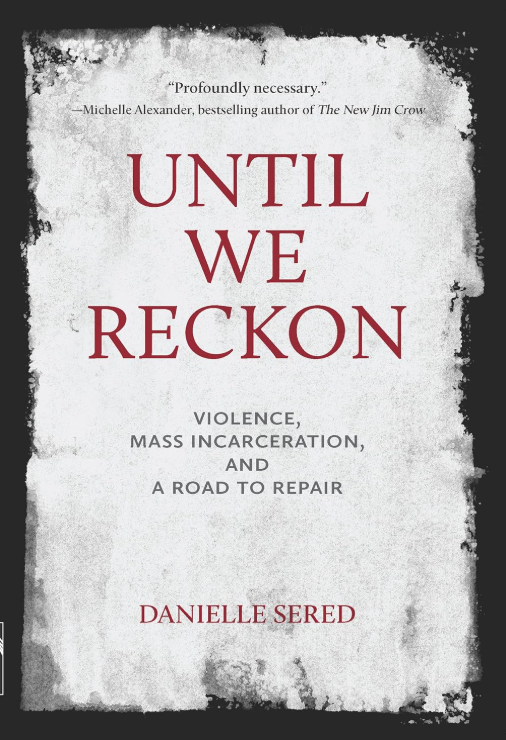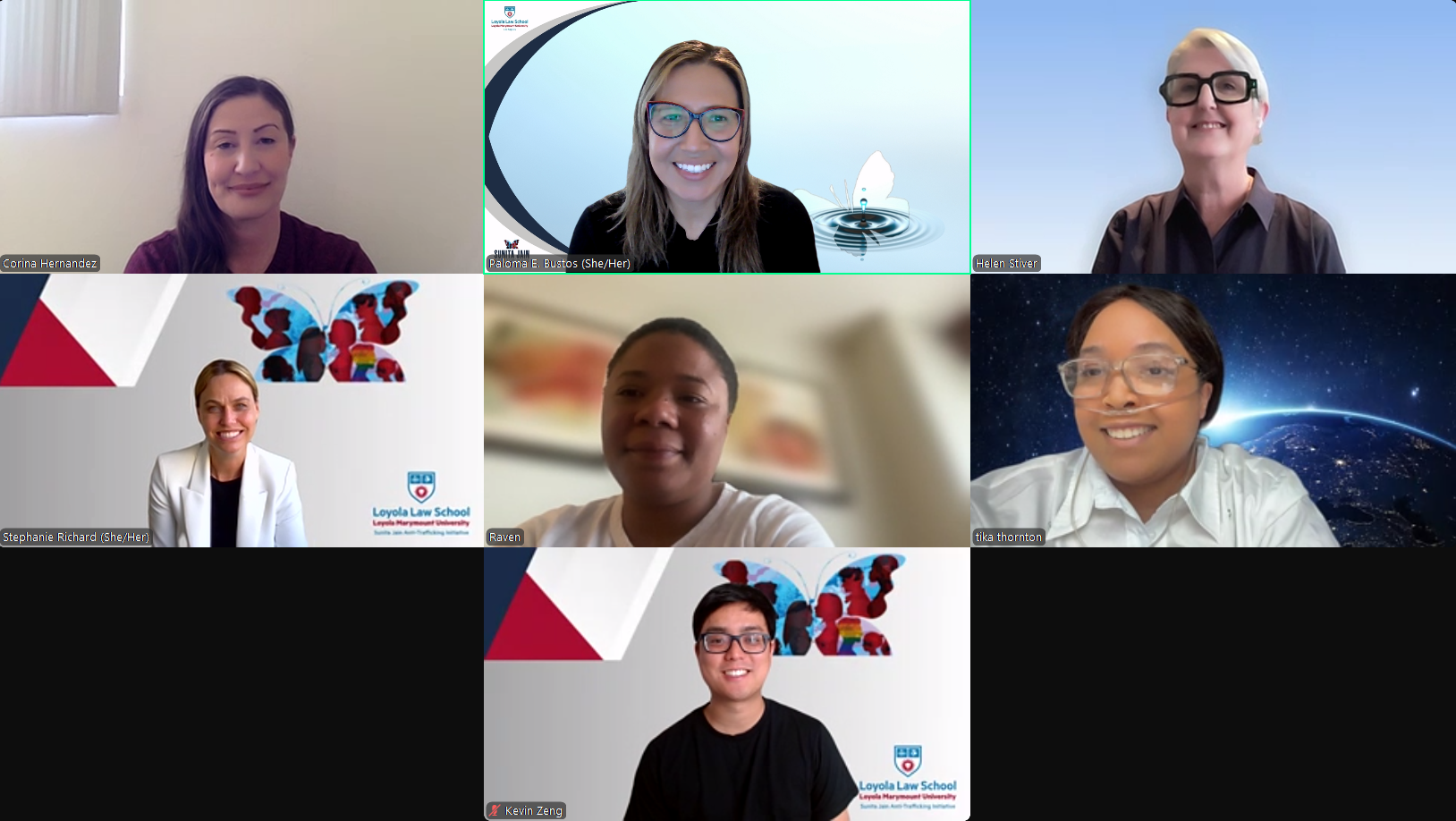Restorative Justice
A New Path to Justice
Restorative Justice (RJ) is a healing-centered approach that focuses on accountability, repairing harm, and respecting survivor choices, rather than punishment. For survivors of human trafficking, RJ can create space for sharing their experiences openly - a process known as truth telling - where they are heard, believed, and able to name the harm they’ve experienced without judgment. When appropriate and desired, it can also involve dialogue with the person who caused harm, or with community members, to support closure, accountability, and healing. It shifts the focus from control and punishment to care, consent, and community-led solutions, especially important for survivors who have been repeatedly silenced or retraumatized by punitive systems.
At SJI, one of our key priorities is advocating for Restorative Justice Pilot Program as an alternative to the traditional criminal legal system for human trafficking cases. This first-of-its kind program prioritizes survivor safety and support while holding traffickers accountable in a way that prevents further harm.
While similar approaches have been utilized in domestic violence and sexual assault cases, survivors of human trafficking have yet to be offered restorative justice as a choice. In cases where restorative justice has been used, survivors have reported reductions in PTSD, anxiety, and other trauma-related symptoms. These outcomes suggest that restorative justice can be a powerful tool for healing, one that should be made available to survivors of human trafficking as well.
We understand that offering restorative justice in human trafficking cases can be controversial. Some worry it could put survivor safety at risk or reduce accountability for traffickers. But by centering survivor voices, putting strong safety measures in place, and focusing on healing and real accountability, we believe restorative justice can give survivors a meaningful alternative — one built on choice, dignity, and community healing.
Centering Healing and Accountability
For many survivors of human trafficking, justice cannot be found in systems that have historically ignored, retraumatized, or criminalized them. Instead, RJ provides an opportunity for survivors to reclaim their voices, define what justice means to them, and help shape a process rooted in dignity and transformation. It is not just about addressing individual harm, it is about confronting and changing the broader systems and conditions that allowed exploitation to occur in the first place.
Advocacy in Action
As part of our efforts to expand awareness and understanding of Restorative Justice for human trafficking survivors, as well as to garner support for the RJ Pilot Program, SJI has held meetings with local officials, including the Los Angeles County District Attorney’s Office and the Los Angeles Police Department. We intentionally prioritized survivor leadership in these meetings, recognizing that those directly impacted by trafficking possess invaluable insights into the shortcomings of the traditional criminal legal system. By facilitating direct dialogue between survivors and institutions that play a pivotal role in shaping responses to human trafficking, we aim to influence policy and practice, promoting alternatives that honor survivor agency and prioritize holistic support over punitive measures.
Although these were not easy conversations, we hope to have planted a seed about what survivors want in their journey toward healing and encouraged others to learn more about this approach.
You can meet the lived experience experts who led our meetings and hear about our proposal in a short video recording. The video features the same talking points we shared with local officials, and you can also hear directly from survivors about why they support this approach.
Watch VideoRestorative Justice Conference

Because we strive for survivor-informed and equity-based policies, in July 2024, we gathered a group of survivor leaders at Loyola Law School for a two-day Restorative Justice conference, developed and facilitated by our team in collaboration with lived-experience experts. Together, we explored whether and how restorative justice could be applied to human trafficking cases. The insights shared helped shape the final budget and proposal for a RJ Pilot Program, ensuring that survivor voices remain at the center of this work.
To learn more about the Restorative Justice conference and explore ways you can host your own event, visit our event page. There, you'll find resources, materials, and guidance to help you create survivor-centered spaces for dialogue, healing, and change.
Restorative Justice ConferenceShow Your Support

We invite service providers and survivors to show their support for the Restorative Justice Pilot Program for human trafficking. Your voice plays an essential role in advancing a model that centers healing, accountability, and survivor agency. Join us in calling for alternatives to the traditional criminal legal system that truly meet the needs of survivors.
Support RJ Pilot ProgramSupporting Materials & Recommended Readings

We invite you to explore our supporting materials and recommended readings to learn more about the vision behind the Restorative Justice Pilot Program. These resources, including our budget proposal, conference summary, fact sheet created by survivor leaders, and evidence-based research, shed light into why restorative justice matters for human trafficking survivors. We also included readings that focused on survivor-driven strategies and alternatives to incarceration.
- Restorative Justice Pilot Program- Budget Proposal
- Law Review Article (Evidence-Based Research)
- Restorative Justice for Human Trafficking Survivors (Survivors' Perspective)
- Until We Reckon: Violence, Mass Incarceration, and Road to Repair
- Beyond Survival: Strategies and Stories from the Transformative Justice Movement
